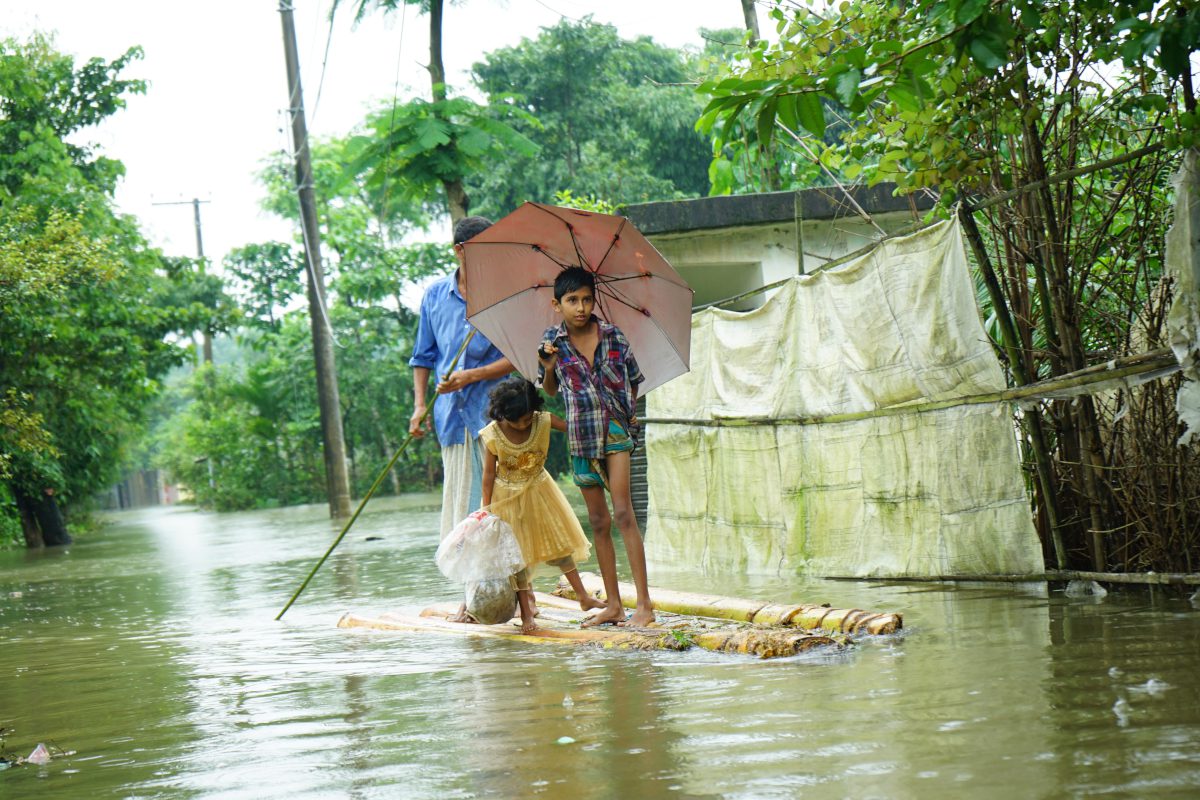
A series of pledges by developed nations towards a Loss and Damage fund was the headline development on the first day of COP28, on 30 November – and viewed by some as a positive harbinger for Dubai’s stewardship of the event.
An agreement to establish the Fund was reached at COP27 last year but since then progress has been slow and marked by disagreements about how it should be funded and managed.
The biggest initial pledges were a commitment by the EU to provide US$245 million (with US$109 million coming from Germany alone) and the UAE to provide US$100 million. Others included US$51 million from the UK, U$17.5 from the US, and US$10 million from Japan.
Widely viewed as “a good start but nowhere near enough”, there were nonetheless signs of relief that the deadlock on this issue had been broken, and a compromise reached – not least because it will leave space on the schedule for other important discussions.
Natasha Lutz, a researcher on climate change at the University of Oxford noted that “many of the nations who will be contributing to this fund have not yet pledged to phase-out fossil fuels; a step needed to prevent further climate damages from occurring.”
Amnesty International’s Climate Advisor Ann Harrison said: “The amount pledged initially is barely enough to get the fund running, and little more. Billions of dollars are needed to make a substantive difference to communities in desperate need of help to rebuild homes after storms, or to support farmers when their crops are destroyed, or those permanently displaced by the climate crisis.
“Considering the vast and excess profits accrued by fossil fuel companies last year while they continue to trash the climate, and that some the donor states today were responsible for a large proportion of historical greenhouse gas emissions, this is a disappointingly small initial sum. It is dwarfed by the total US$7 trillion in subsidies that states, including some of these donors, provide annually to support the fossil fuel industry.
Dr Fatima Denton, Director of the United Nations University – Institute for Natural Resources in Africa (UNU-INRA), said: “Until we commit to a framework that demands contributions from developed nations, the COP process is at risk of remaining a beauty contest – with nations putting on their best attires and pledging to new funds, even before the ink dries on previous ones.”







